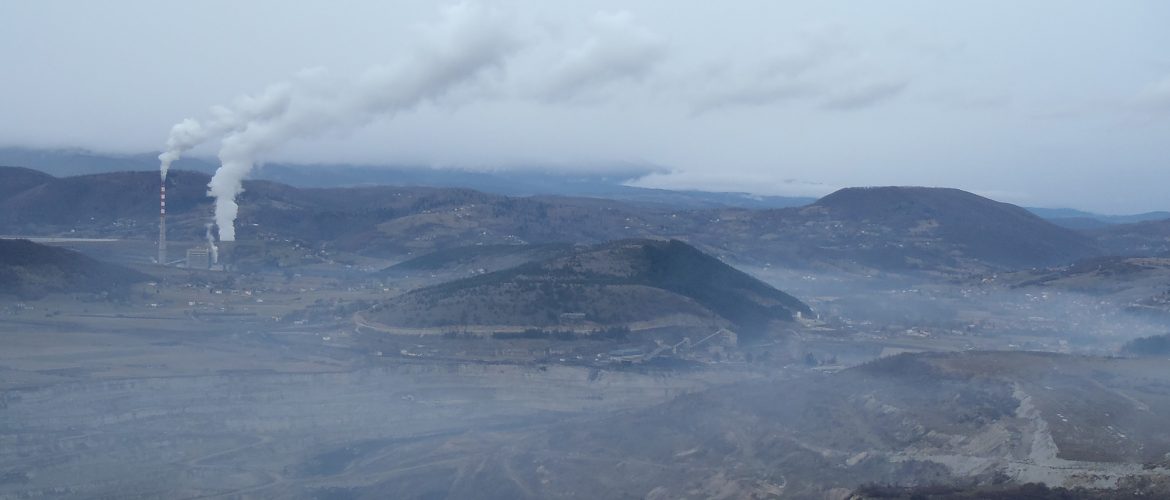Nikos Mantzaris spoke about the developments related to the Just Transition of lignite regions in Greece and the EU at the national conference on climate change in Montenegro, on October 27, 2020.
After many years of systematic and well-documented efforts by environmental NGOs, Montenegro recently decided to cancel the construction of a second lignite plant in Pljevlja. In addition, the future of the existing first plant is uncertain given the change in policy in Europe and the possible inclusion of the Western Balkans EU-ETS or the introduction of a carbon border adjustment tax. The debate on the Just Transition for lignite regions is therefore rapidly becoming de facto a necessity in Montenegro as well as in the other Western Balkan countries.
The two-day conference was co-organized by the NGO Green Home and the Climate Action Network Europe (CAN Europe) in cooperation with the Green Building Council of Podgorica and was attended by representatives of the civil sector, the government, experts, representatives of the business sector and media. In addition to Just Transition, issues related to the compliance of Montenegro’s climate policy with the European legislation, the achievement of climate targets and the process of developing the Montenegrin National Energy and Climate Plan (NECP) were extensively discussed.
In his presentation, Nikos Mantzaris outlined the main factors that led to the decision of phasing out lignite in Greece, and described the key milestones in the recent history of Just Transition in Greece and Europe. He also presented the three main pillars of the European Just Transition Mechanism, as well as the key features of the Just Development Plan for Greece’s two lignite regions that was recently presented and submitted for public consultation. He closed his presentation by discussing the most important lessons learnt from Greece so far regarding lignite and Just Transition and the main challenges for the future.



